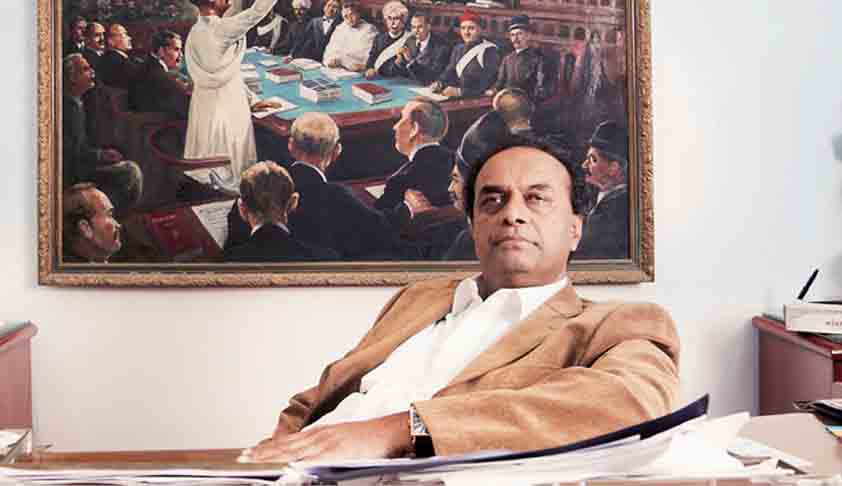Attorney General Mukul Rohatgi appears for Kerala bar owners; Case adjourned to July 28
Ajith.S
10 July 2015 7:13 PM IST

Next Story
10 July 2015 7:13 PM IST
Attorney General Mukul Rohatgi today entered appearance for the Kerala bar owners in the appeal filed by them in the Supreme Court of India against the judgment passed by a Division Bench of the Kerala High Court order upholding the state government's liquor policy confining bar licenses only to five star hotels.He submitted that he had secured special permission from the Union Government...
